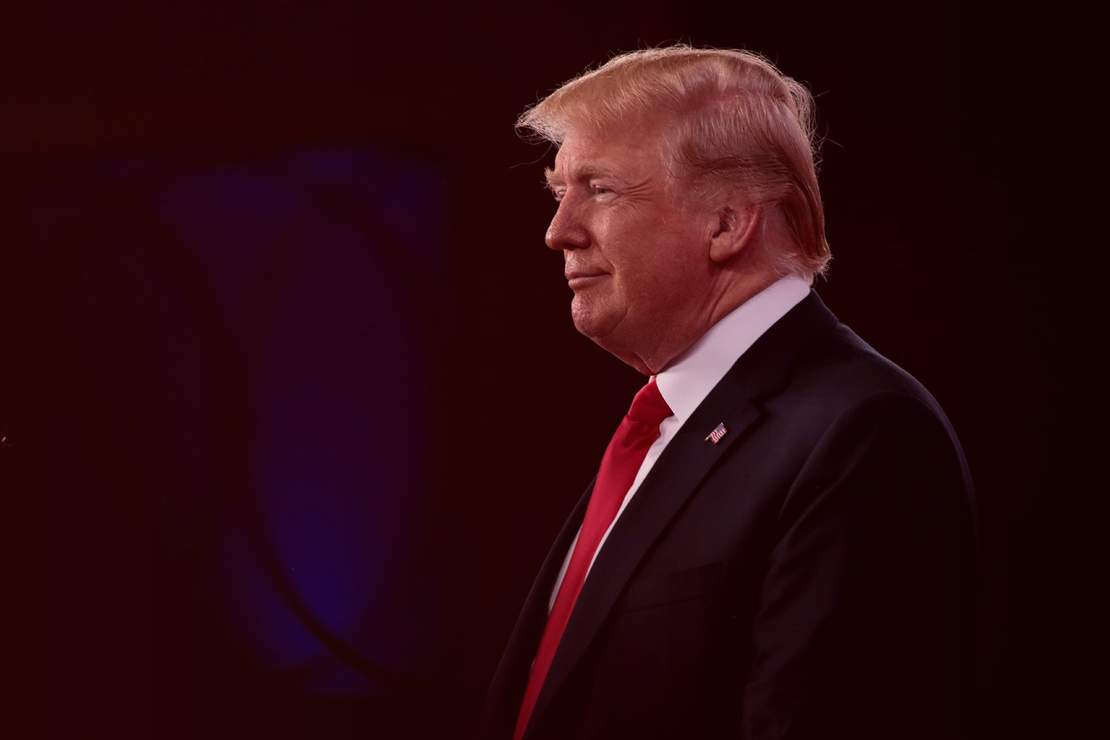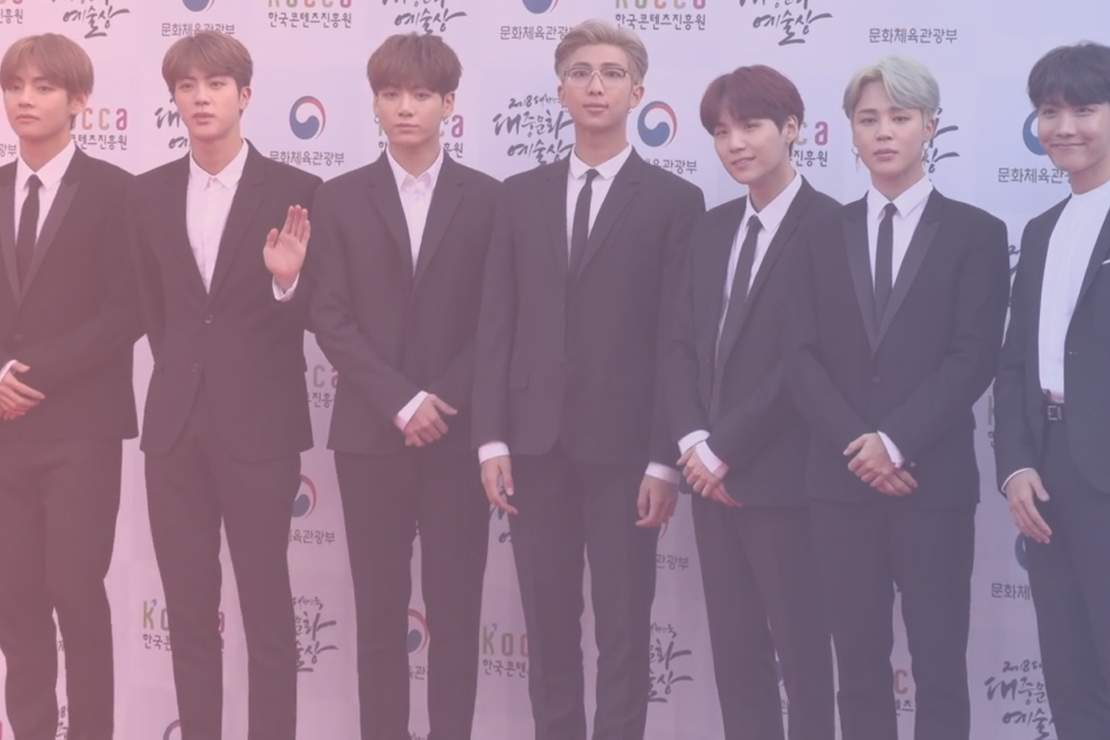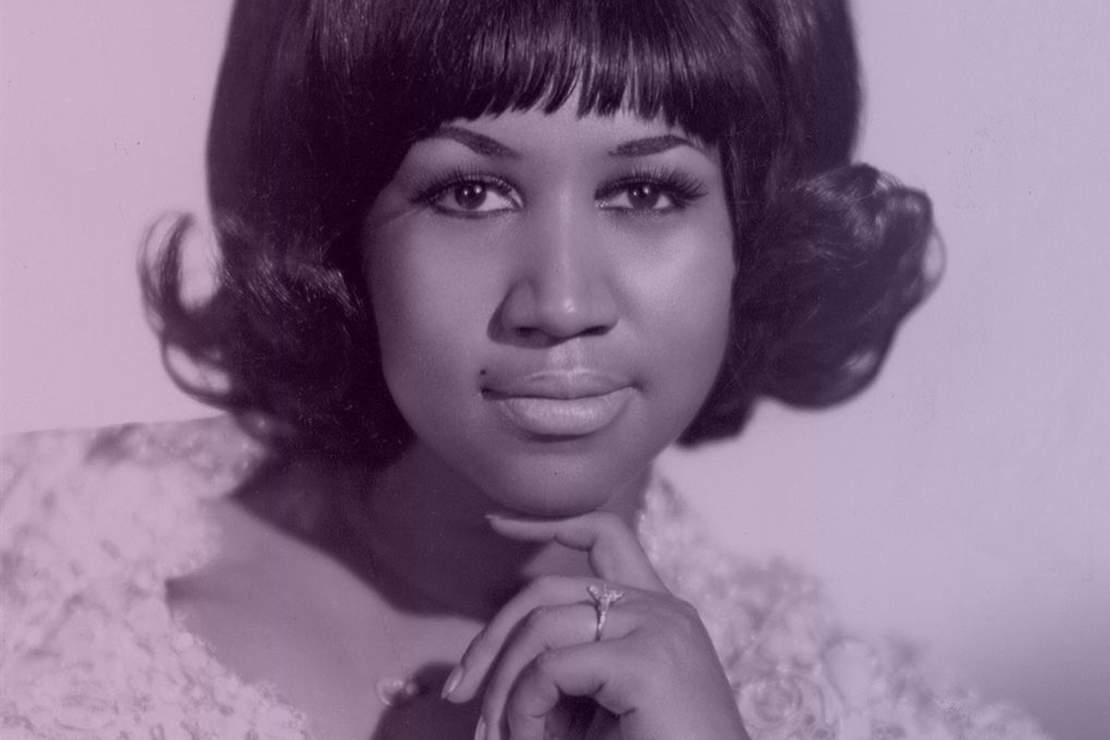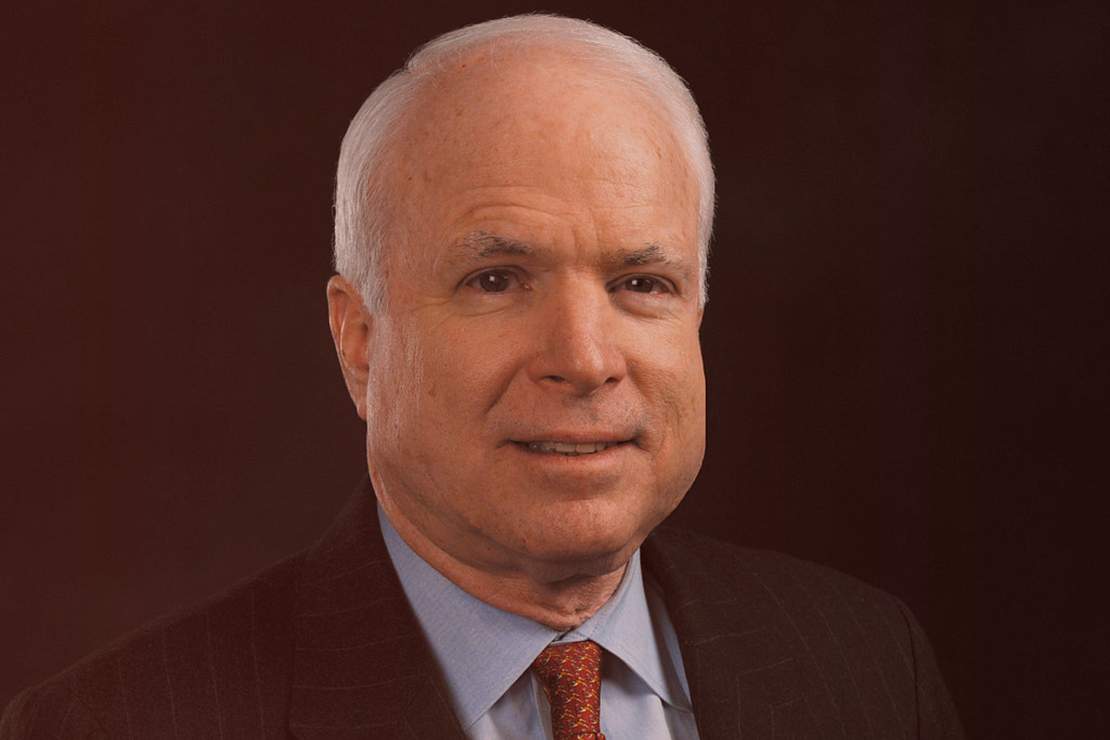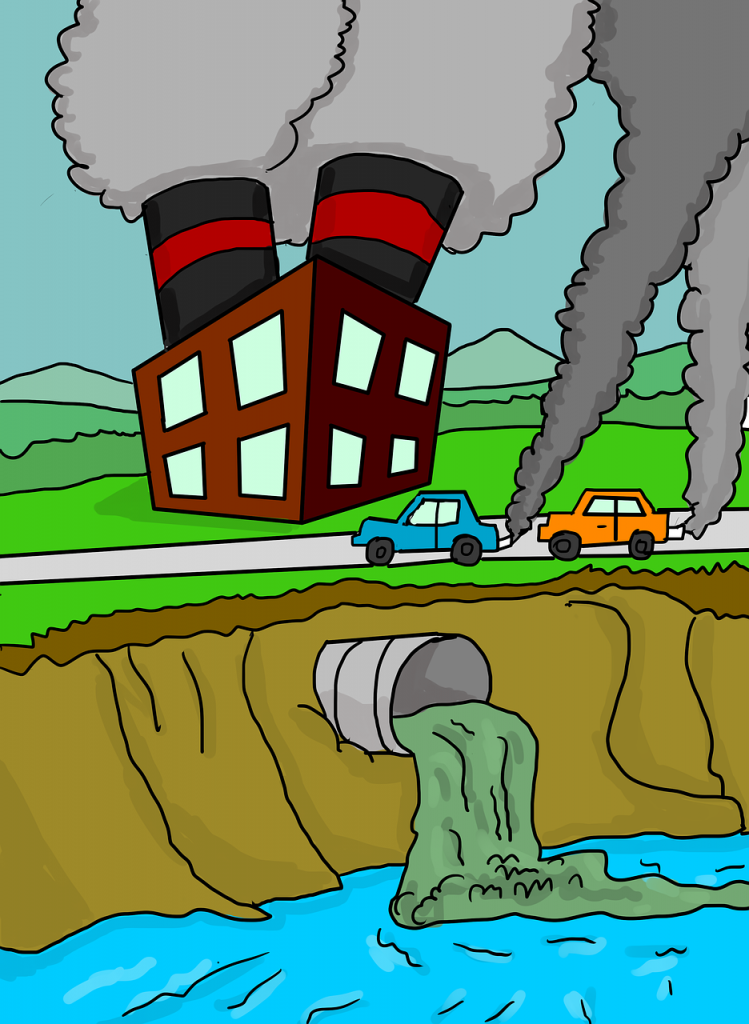Top 10 ‘toxic’ collocates in 2018
by absolute frequency
Chemical
Masculinity
Substance
Gas
Environment
Relationship
Culture
Waste
Algae
Air
Sourced from the Oxford corpus
Beyond the more usual substance warnings, this year toxic chemical has had particular significance as the nerve agent poisoning of a former Russian intelligence officer and his daughter in Britain sent shockwaves around the globe. Ongoing international attention to the case, including rising concern over who has access to the world’s toxic chemical stockpiles, ensured that ‘chemical’ topped the list of words most frequently seen alongside toxic in 2018.
Similarly literal and deadly are toxic substance, toxic gas, and toxic waste, with the latter especially becoming a focal point as the US seeks to combat the spread of toxic waste in the wake of hurricanes and people speak out against businesses burning toxic waste, notably in India.
This burning of toxic waste, resulting in the release of toxic gases, has been identified as one of a number of causes of toxic air. Air pollution has rapidly become a prime public health concern, and global attention reached a high in October 2018 when the World Health Organization published its report into the quality of air breathed by children worldwide. The report described this pollution as toxic air, plainly and potently signifying its poisonous nature, and with the aid of international media coverage, served to consolidate the association of toxicity and poor air quality in our lexicon.
Such pollutants are not only dangerous to our health, but to the health of our environment, and one of the many environmental issues discussed this year has been the toxic algae disaster in Florida, US. Thanks to a central role in the state’s Senate mid-terms race, toxic algae garnered so much commentary that ‘algae’ featured as the ninth-most frequently seen toxic collocate for 2018.
The term toxic environment itself, however, has been more frequently used in reference to harmful workplace environments and the toll this takes on the workforce’s mental health. From overly demanding workloads to outright sexual harassment, many companies have been exposed as crucibles for such toxic culture this year, which has seen mass walkouts at Google, the fashion mogul Philip Green disgraced, and the Speaker of the House of Commons accused of misusing his official powers to cover up allegations of bullying in Westminster.
Toxic relationships are not exclusive to the workplace, however, and whether its partners, parents, or even politicians, this year has seen so much discussion of ‘poisonous’ relationships across our society that ‘relationship’ is the sixth most-seen toxic topic for 2018. One reoccurring element in such discussions has been toxic masculinity.
Our corpus data shows that, after ‘chemical’, ‘masculinity’ is the most-used word in conjunction with toxic this year. With the #MeToo movement putting a cross-industry spotlight on toxic masculinity, and watershed political events like the Brett Kavanaugh Senate judiciary committee hearing sparking international debate, the term toxic masculinity has well and truly taken root in the public consciousness and got people talking in 2018.
-
Word of the Year:
Justice
Photo: RomoloTavani
Our Word of the Year for 2018 is justice. It was a top lookup throughout the year at Merriam-Webster.com, with the entry being consulted 74% more than in 2017.
The concept of justice was at the center of many of our national debates in the past year: racial justice, social justice, criminal justice, economic justice. In any conversation about these topics, the question of just what exactly we mean when we use the term justice is relevant, and part of the discussion.
This year’s news had many stories involving the division within the executive branch of government responsible for the enforcement of laws: the Department of Justice, sometimes referred to simply as “Justice.” Of course, the Mueller investigation itself is constantly in the news, and is being carried out through the Justice Department. Another big news story included yet another meaning of the word justice, as a synonym or title for “judge,” used frequently during the Kavanaugh confirmation hearings for the Supreme Court.
Justice has varied meanings that do a lot of work in the language—meanings that range from the technical and legal to the lofty and philosophical. For many reasons and for many meanings, one thing’s for sure: justice has been on the minds of many people in 2018.
-
Photo: Gage Skidmore / CC-BY-SA-2.0
Lookups for nationalism spiked 8,000% on October 22nd and 23rd after President Trump announced at a rally in Texas:
“You know, they have a word — it’s sort of became old-fashioned — it’s called a ‘nationalist.’ And I say, really, we’re not supposed to use that word. You know what I am? I’m a nationalist, okay? I’m a nationalist. Nationalist. Nothing wrong. Use that word. Use that word.”
Nationalism is defined as «loyalty and devotion to a nation,» especially «exalting one nation above all others and placing primary emphasis on promotion of its culture and interests as opposed to those of other nations or supranational groups.»
A nationalist is one who advocates for nationalism.
Nationalism is often distinguished from patriotism, which means “love or devotion to one’s own country,” but does not necessarily imply an attitude of superiority.
-
Photo: Andy Witchger / CC-BY-2.0
Pansexual saw a spike in lookups in April, when singer Janelle Monáe was quoted in Rolling Stone magazine self-identifying with the term. Today the word most often is used to mean «of, relating to, or characterized by sexual desire or attraction that is not limited to people of a particular gender identity or sexual orientation,» but the word entered the English language in the early 20th century with a different use: “tending to suffuse all experience and conduct with erotic feeling.”
The semantic breadth of the prefix pan-, which means «all» or «completely,» has made pansexual a useful alternative to bisexual for those who see gender as a spectrum rather than a binary.
-
Photo: mbbirdy
The anonymous op-ed in The New York Times said to have been written by a senior official in the Trump administration caused lookups to spike for lodestar (and its less common variant loadstar) in early September. The term was used in this passage:
We may no longer have Senator McCain. But we will always have his example — a lodestar for restoring honor to public life and our national dialogue. Mr. Trump may fear such honorable men, but we should revere them.
— The New York Times, 6 Sept. 2018Lodestar originally meant “a star that leads or guides (especially the North Star).” It now is used to mean “one that serves as an inspiration, model, or guide.” It’s not a commonly used word, and therefore some people tried to connect the anonymous author with people who had a history of using the word, notably Vice President Mike Pence, but the true author remains unknown.
-
Photo: NINE STARS / CC-BY-3.0
There’s nothing remarkable about the word epiphany experiencing a spike in lookups in early January: the earliest use of the word is to refer to a Christian festival held on January 6th in honor of the coming of the three kings to the infant Jesus Christ.
But lookups of epiphany spiked in August when the word featured in the trailer for a song in a forthcoming album from the K-Pop group BTS. In the song, the word functions in its metaphorical senses having to do with the sudden perception of the essential nature or meaning of something, or an illuminating realization. The word’s Greek ancestor, epiphainein, means «to manifest.»
-
Photo: Pinkerton_Creative
Samantha Bee’s segment about the Trump administration’s immigration policy of separating children from their families at the U.S.-Mexico border included her plea, directed at Ivanka Trump, to “do something about your dad’s immigration policies,” then using a disparaging and obscene word modified by feckless, meaning “ineffective” or “worthless.”
The feck in feckless is a Scottish word meaning «value” or “worth.» And, interestingly enough, feckless does indeed have an antonym, although it is quite rare: feckful, meaning «efficient” or “effective.»
-
It was the middle of May when one of the dictionary’s wallflowers shot into the lookups ether: laurel was up more than 3300%, all because of an audio clip that had divided netizens into two distinct group, those who heard laurel and those who heard yanny. (The clip came from the audio pronunciation file at Vocabulary.com’s entry for laurel.)
Linguists bounded in to explain the phenomenon—it has to do with whether lower or higher frequencies are more prominent, for an individual or because of audio quality—and the New York Times built a fun little tool that makes it possible for listeners to hear both.
-
Photo: Andrew Campbell / CC BY 2.0
The sometimes vulgar and generally obscure word pissant enjoyed a brief but intense period of lexicographical popularity early in the year, when it rose 115,000% in Merriam-Webster.com lookups. New England Patriots quarterback Tom Brady called a radio station out during an interview after a DJ on the station had several days earlier described Brady’s young daughter with the word.
Pissant, which originally was a dialectal term for «ant,» has been used as a generalized term of abuse for a person or thing deemed insignificant since the early 20th century. Its origin is exactly what one might expect, a blending of the urinary sense of piss and the formicine sense of ant.
-
Photo: Public Domain
When Aretha Franklin, the Queen of Soul, died on August 16th, the title of one of her most enduring hits was ubiquitous in tributes to her, and respect became a top lookup.
The world had known Franklin’s song for 50 years—in which time it has become an anthem for both the civil rights and feminist movements—but the word respect has been part of the English language since the 14th century. It comes from the Latin respectus, which literally means «the act of looking back.» It’s an apt etymology for a word that served as a focal point of a global appreciation for the decades of music Aretha Franklin had given the world.
-
Photo: United States Congress / Public Domain
Maverick spiked following the death of Arizona Senator John McCain in August. Interest in the word came as no surprise, since McCain had often been described with this word, meaning «an independent individual who does not go along with a group or party.»
Before maverick described independent people, it meant «an unbranded range animal; especially a motherless calf.» The word comes from the name of Samuel A. Maverick, a 19th century lawyer and politician who, although not a cattle rancher, ended up with some cattle taken as payment for a debt. Since he neglected to brand any identifying marks on the cattle, many of the “independent” animals were taken by other ranchers who branded them as their own.
By the 1880s the word was already being used figuratively in conjunction with words such as political.
-
Photo: Edward Liu / CC BY-SA 2.0
Stan Lee’s motto and salutation excelsior spiked following his death in November. He used the word to conclude each of the monthly columns he wrote for Marvel Comics, and was so closely associated with it that he was even sometimes asked to say the word in public.
Excelsior is the Latin word for “higher” and is etymologically related to the words excel and excellent.
In addition to its Latin meaning, excelsior also has rare English meaning: “fine curled wood shavings used especially for packing fragile items.”
Subscribe to America’s largest dictionary and get thousands more definitions and advanced search—ad free!
Merriam-Webster unabridged
Image courtesy of Pixabay, CCO
The editors of The Oxford Dictionaries, published by the Oxford University Press, have selected toxic as the 2018 English word of the year. It is a brilliant, if somewhat controversial, selection. In a year of intense divisiveness in the English-speaking world, it is easy to see why this word, and its association with all that is harmful and dangerous in the world, should represent our times.
In its most basic definition, toxic means poisonous. It comes to us from the Latin toxicum, but actually derives from the ancient Greek toxikon pharmakon, the poison which their soldiers used on the tips of their arrows to kill all enemies. The Greek word for bow was toxon. There has never been a time in history in which this word has had pleasant connotations.
Toxic In All Forms
Unfortunately, the use of toxic as an adjective to describe something in our lives has exploded. The Oxford Dictionaries publishers estimate that the word was searched online a whopping 45% more in 2018 over the previous year.
Today, the metaphorical arrows of toxicity fly in all directions. Financially you could have toxic debts, money which has been borrowed but can’t be fully repaid. This could bring financial ruin. Almost everyone who lost their homes and savings in the recent recession was burdened with toxic debt.
It also, of course, has an environmental connection. With the smog in Beijing and the wildfires in California, to name just two instances, there was a lot of concern over toxic air this year. Toxic waste sites and their cleanup has been in the news with controversies regarding the US Environmental Protection Agency. There was a toxic algae disaster in Florida earlier this year. And toxic chemicals and poisons were certainly on everyone’s mind when a former spy, his daughter, and some local residents were poisoned in a London suburb.
But a toxic environment isn’t always literally poisonous. The #MeToo movement inspired many to use the phrase for workplaces in which sexism and harassment are all too common. Many men in power found themselves out of a job as a result of their toxic masculinity. Politicians, celebrities, tech executives, and many more have been accused of toxic behavior in the workplace. Companies such as Google, Fox News, and CBS have been labeled as harboring a toxic culture.
Marriages, partnerships, even families may find themselves suffering from what could be called a toxic nature. Physical, verbal, and/or emotional abuse are all symptoms of living in a toxic relationship. And certainly, any gathering of friends and family should avoid discussing toxic subjects like politics. If you don’t believe me, just bring up the subject of Brett Kavanaugh’s confirmation hearing in a roomful of random people. And make sure you can easily get to the nearest exit.
The Short List
Other words making the short list of notable words for 2018 include:
- Gaslighting – Psychological manipulation of someone to make them doubt reality. The word comes from a book and famous movie in which a husband tries to make his wife believe that she is losing her mind. Today, gaslighting applies to anything from emotional abuse to fake news. If you tell someone a lie often enough, so the theory goes, the perception of what is real can change.
- Incel – An abbreviation for involuntarily celibate, the word applies to men who can’t attract women and have grown hostile and resentful over their circumstances. Tragically, many have taken to violence and hostile acts to express their rage.
- Orbiting – This refers to a new social phenomenon in which a former partner in a relationship stays in touch by following the other on social media. Orbiting can be a benign behavior or somewhat creepy.
Some of these words are either new or have new meanings in today’s world. In the case of toxic, however, we’ve applied the adjective to describe many more nouns than ever before. Have you discovered any words this year which are similar?

The votes have now been counted and the People’s Word of 2018 has been decided. The word that received the most votes is:
nomophobia noun [U]
fear or worry at the idea of being without your mobile phone or unable to use it
The Cambridge Dictionary is one of the most popular online dictionaries in the world, and you, our users, are part of a very smart and enthusiastic global community using our free resources. So we were eager to give you the opportunity to tell us which words out of the thousands of new words and definitions we add every year best reflected 2018’s trends and events.
Your choice, nomophobia, tells us that people around the world probably experience this type of anxiety enough that you recognized it needed a name! Like many modern coinages, nomophobia is what’s called a blend: a new word made up of syllables from two or more words, in this case ‘no mobile phone phobia.’
Of course nomophobia isn’t a scientific word; a true phobia (extreme fear of something) is different from anxiety (extreme worry). The word has actually been around a lot longer than you would think. The earliest known use was in 2008 – not by psychologists, but by YouGov researchers, in a report commissioned by the UK Post Office. It then began to appear in UK media and has since spread around the world. Having proved its staying power, it was added to the online Cambridge Dictionary earlier this year.
Other words on the shortlist for the People’s Word of 2018 were:
gender gap noun [C]
a difference between the way men and women are treated in society, or between what men and women do and achieve
ecocide noun [U]
destruction of the natural environment of an area, or very great damage to it
no-platforming noun [U]
the practice of refusing someone an opportunity to make their ideas or beliefs known publicly, because you think these beliefs are dangerous or unacceptable
For more information about how the Cambridge Dictionary editors decide which new words to add to the online dictionary, take a look at the two-minute animation on our YouTube channel.
Merriam-Webster, the American company based in Springfield, Mass., chooses its “word of the year” a little differently than other dictionaries. While every firm tries to anoint a word that sums up the preoccupations of the past year, Merriam-Webster also requires that, according to its own data, the word be one that people were looking up a lot more than usual.
There were big spikes for several words in 2018, like when everyone raced to look up the meaning of lodestar — hoping it would help lead to the identity of a Trump Administration official who wrote a notoriously anonymous op-ed — or when people mulled the word maverick after admirers used it to eulogize Sen. John McCain.
Yet there was one word that kept spiking all year long, according to Merriam-Webster, one whose familiarity belies its complexity, one that can seem both inevitable and unattainable: justice. “It’s on our minds,” Editor-at-Large Peter Sokolowski tells TIME. “And it’s on our minds this year in a very particular way.”
The word has many definitions, ranging from the snappy (“conformity to truth, fact, or reason”) to the byzantine (“the maintenance or administration of what is just, especially by the impartial adjustment of conflicting claims or the assignment of merited rewards or punishments.”)
And it had many moments. People looked it up when uber-celebrity Kim Kardashian visited the White House, twice, in the name of criminal justice. Interest swelled as Brett Kavanaugh and Christine Blasey Ford, the woman who accused him of sexual assault, gave testimony bearing on whether he would become the next Supreme Court justice.
Readers tried to better understand the word as politicians and protestors made demands for racial justice and economic justice and social justice, on social media and campaign trails and football fields. And lookups saw a jump nearly every time there was a major news story about the Department of Justice, whether that government agency was investigating Tesla or changing its policy on the enforcement of marijuana laws.
But when Sokolowski says “particular,” he particularly means the Russia investigation and the broader values that it symbolizes. Whether one believes that special counsel Robert Mueller is leading a righteous crusade or a “witch hunt,” the pursuit of justice, and the potential obstruction of that pursuit, are at the eye of the storm. Lookups for the word surged on Aug. 1 when President Trump called on then-Attorney General Jeff Sessions to shut down the probe, which has only sprung more penetrating tentacles since then. “That idea of a system, that is fair or not fair,” Sokolowski says, “is what is at play here.”
People sometimes used the word as a summation in 2018, suggesting the system had worked the way it is supposed to, proving that America is a nation governed by laws, not just power. “Justice?” comedian Stephen Colbert proposed, as he riffed on the prison sentence that Trump’s attorney Michael Cohen received in December. “Justice?”
But people seemed more often to use it “as a kind of a cry,” as Sokolowski says, demanding that an obscure, flawed system work — that facts be respected at a time when truth is under threat, that fairness be realized even when chaos reigns, that bad guys get their comeuppance and victims get their recognition without delay and out in the open.
Calls for justice came from people insisting that police violence be seen and from people urging that all immigrants follow the same rules when seeking a home in this country. They didn’t come just from the right or the left, the open-armed or the isolationist. A yearning for order, though felt differently, might be something that united Americans across the spectrum. “Justice implies a bureaucracy of fairness,” Sokolowski says, “an expectation of having your side of the story listened to.”
So far, the “word of the year” selections for 2018 have not been upbeat. Though a selection is still to come from the American Dialect Society, Oxford Dictionaries chose toxic and Dictionary.com chose misinformation. Merriam-Webster’s choice isn’t light-hearted either, but it highlights a value that embodies the best of the country’s pursuits rather than elements that seem to be corroding its foundations.
As theologian Reinhold Niebuhr once said, “Man’s capacity for justice makes democracy possible, but man’s inclination to injustice makes democracy necessary.” Here’s hoping America is operating at full capacity come 2019.
Contact us at letters@time.com.


